Facial Therapy Diploma: Choosing the Right Qualification
Choosing the right facial therapy diploma program marks the initial step toward a rewarding career in skincare. In this detailed guide, we’ll navigate through the essential considerations in selecting the most suitable qualification, exploring diploma programs, accreditation, curriculum, and the career pathways within the realm of facial therapy.
Understanding Facial Therapy Diplomas
1. Accreditation and Recognition
Seeking accreditation from recognized governing bodies or institutions ensures the credibility and quality of the program. Accredited diplomas often meet industry standards and are valued in the skincare profession.
2. Curriculum and Course Content
Evaluate the curriculum comprehensively. Look for programs offering a diverse range of subjects such as skincare techniques, facial treatments, product knowledge, anatomy, and practical hands-on experience. A well-rounded curriculum prepares students for real-world scenarios.
3. Practical Training and Clinical Experience
Hands-on training and clinical experience are vital components of a facial therapy diploma program. Practical exposure helps students apply theoretical knowledge and gain confidence in executing facial treatments and skincare procedures.
Factors to Consider When Choosing a Facial Therapy Diploma
1. Program Duration and Flexibility
Consider the duration of the program and whether it aligns with your schedule and commitments. Some programs offer flexible learning options, accommodating students with part-time or online courses.
2. Industry Connections and Internship Opportunities
Diploma programs often have ties with skincare clinics, spas, or beauty establishments. Look for programs offering internship opportunities or industry connections for practical exposure and potential job placements.
3. Career Pathways and Post-Diploma Support
Explore the career prospects post-qualification. Some programs offer career guidance, job placement assistance, or alumni networks that can aid in securing employment or starting your skincare practice.
Types of Facial Therapy Diploma Programs
1. Esthetics or Cosmetology Programs
These comprehensive programs cover a wide array of skincare techniques, facial treatments, product knowledge, and client communication. They often lead to a broader scope of practice within the beauty and wellness industry.
2. Specialized Facial Therapy Courses
Specialized courses focus specifically on facial treatments, advanced techniques, and skincare knowledge relevant to facial therapists. These courses may offer in-depth expertise in certain areas, catering to niche skincare needs.
Researching and Evaluating Diploma Programs
1. Consultation and Information Sessions
Attend information sessions or consult with program coordinators to gather detailed insights into the curriculum, faculty, facilities, and learning outcomes.
2. Student Reviews and Testimonials
Research student testimonials or reviews of the program to gauge student satisfaction, teaching quality, and post-graduation success stories.
Conclusion
Choosing the right facial therapy diploma program is pivotal in laying a strong foundation for a successful career in skincare. By considering accreditation, curriculum, practical training, industry connections, and career support, aspiring facial therapists can make informed decisions leading to a fulfilling and rewarding journey in the world of facial therapy.


